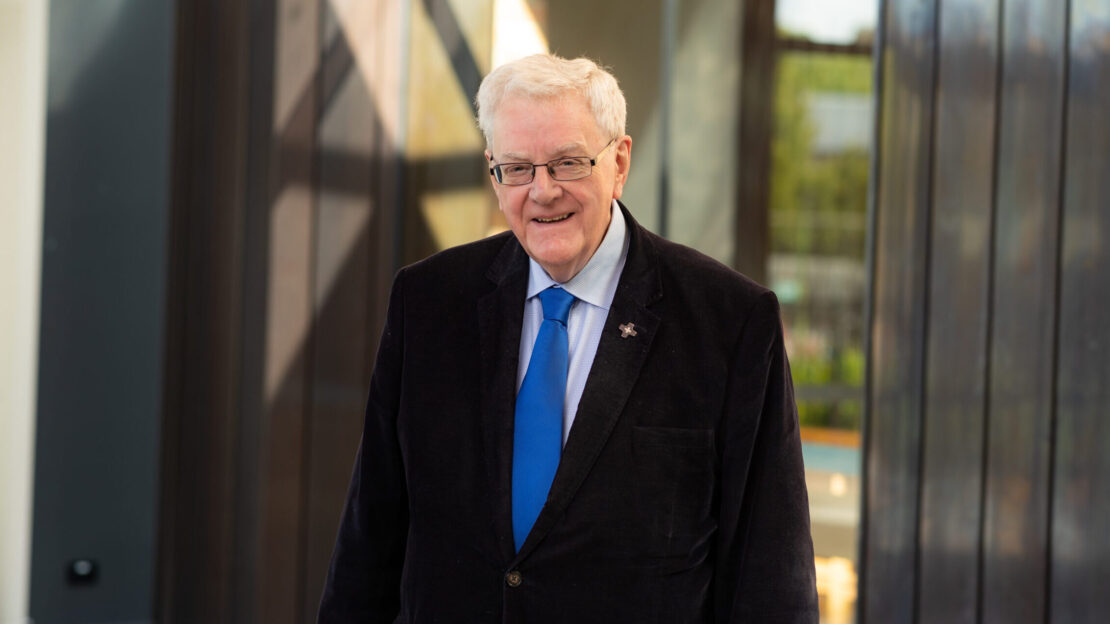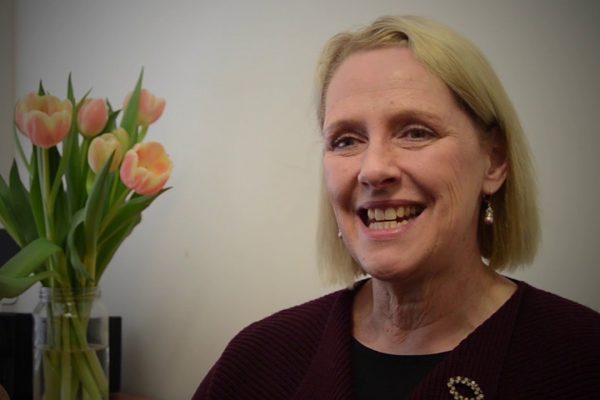Christendom II
When we use the word ‘Christendom’, we mean the social arrangement which prevailed following the conversion of the emperor Constantine which was a tight penetration of society and Christianity.
What tended to emerge in the later first millennium was a balance of various kinds between the political rulers and the Church leaders. Given the uncertainty of those times, in which the populations of Europe were being formed out of the remnants of the Roman empire, and the various peoples described as ‘barbarian’, though they were not necessarily always barbarians in the most pejorative sense of that word. But of course they had their own culture and religious traditions which would go on to influence aspects of medieval Christianity.
As the first millennium continued, and especially the great difficulty of travel and communication, local arrangements, customs and forms of Catholicism arose. This often meant that the civil rulers had far too much influence on the life of the Church, and often considered themselves the real governors of the Church. (Maybe Henry VIII’s attitudes in part harked back to such a time).
By the 11th century this dominance of the political rulers was seen to be a great problem for the wellbeing of the Church. And there occurred what was called ‘the Investiture Controversy’. This controversy was about who was to appoint the bishops and other significant leaders of the Church – the barons or leaders of the church and particularly the Popes. The main leader of the Church party was Pope Gregory VII. The appointments that the barons made were often highly unsuitable and were for their own political purposes. An example of this was Henry II of England appointing Thomas A’Beckett, hoping for political advantage but that appointment, as we know, backfired in Thomas’ refusal to deliver what Henry expected and Thomas’ subsequent martyrdom.
In this whole situation, we can see one of the negative aspects of Christendom emerging. And we can also see that leaders such as Gregory VII began to see the need to distinguish the Church and Society. The Investiture Controversy only partially succeeded and the problem continued on under various guises.
This reflects a religious world very different from our own.
By Fr Frank O’Loughlin




Comments
Add Comment